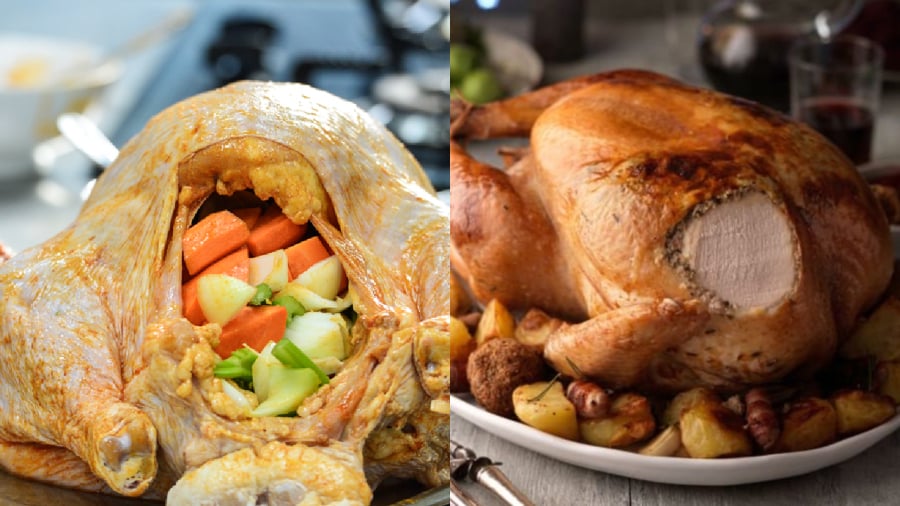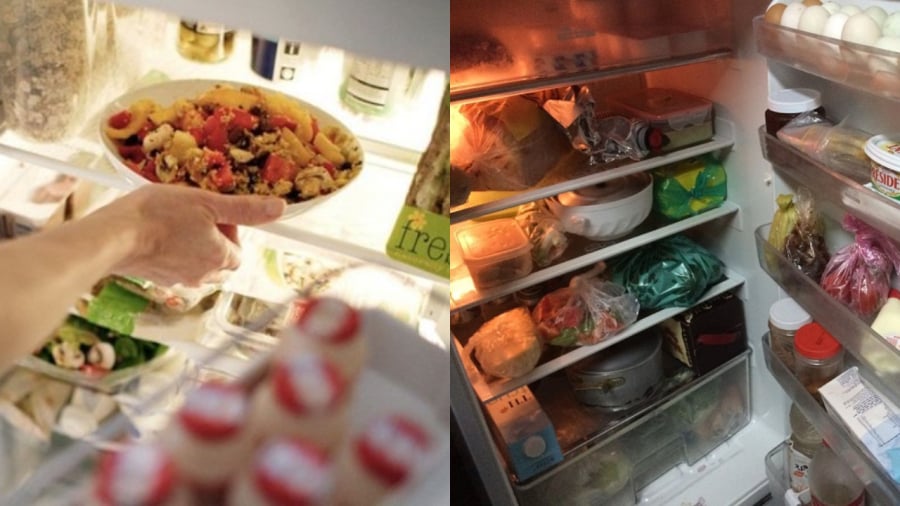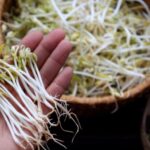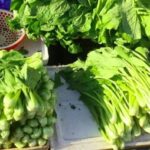Microwaves are a convenient appliance for reheating meals, but they can lead to uneven heating, creating pockets of harmful bacteria and increasing the risk of food poisoning. Here’s a list of five foods that experts advise against reheating in the microwave to ensure food safety:
Infant Formula or Breast Milk: Heating formula or breast milk in the microwave can lead to hot spots, potentially burning your baby’s mouth. The US Food and Drug Administration (FDA) also warns that microwaving breast milk can break down its nutritional value.
Stuffed Poultry: According to Barbara Kowalcyk, associate professor at George Washington University, microwaving stuffed poultry dishes is not recommended. The US Department of Agriculture (USDA) cautions that while poultry cooks quickly, the stuffing inside might not reach a high enough temperature to kill harmful bacteria, increasing the risk of foodborne illness.

Avoid microwaving stuffed poultry dishes to reduce the risk of foodborne illnesses.
Raw Meat Sauce: Raw meat sauces can harbor bacteria, so they must be boiled before consumption. Microwaving might not evenly heat the sauce, allowing harmful pathogens to survive.
Leftovers Older Than 7 Days: While refrigeration prolongs food shelf life, it’s not indefinite. The FDA advises against microwaving leftovers older than a week due to potential bacterial growth and toxin production. The USDA recommends consuming leftovers within 3-4 days for safety.

Avoid microwaving leftovers that have been sitting in the fridge for over a week.
Food Left Out at Room Temperature for Over 2 Hours: Food left at room temperature for extended periods can harbor bacteria, including Staphylococcus aureus, which can quickly produce heat-resistant toxins. Clostridium botulinum can also grow within hours, and reheating won’t eliminate the toxins produced by these bacteria.



































